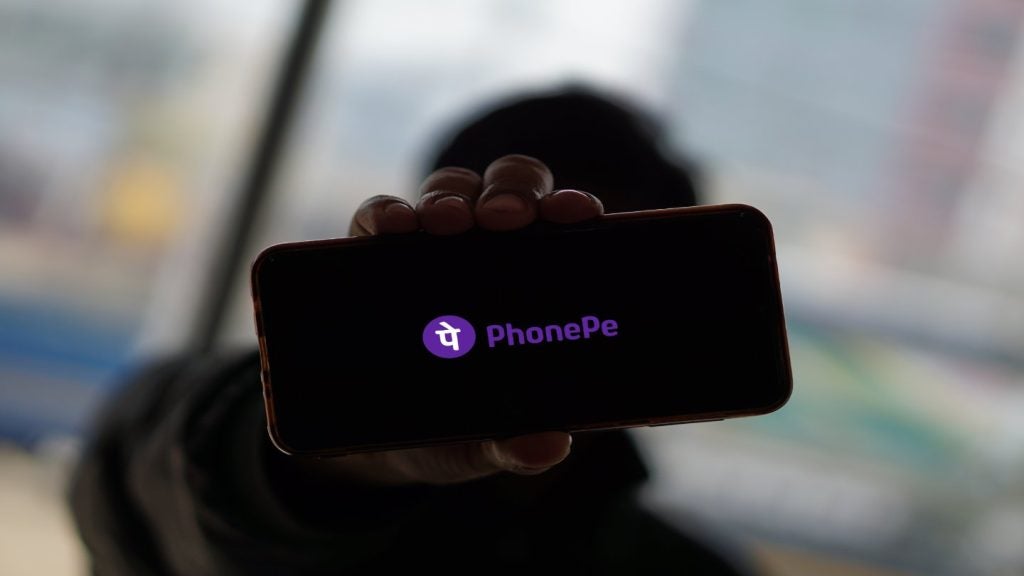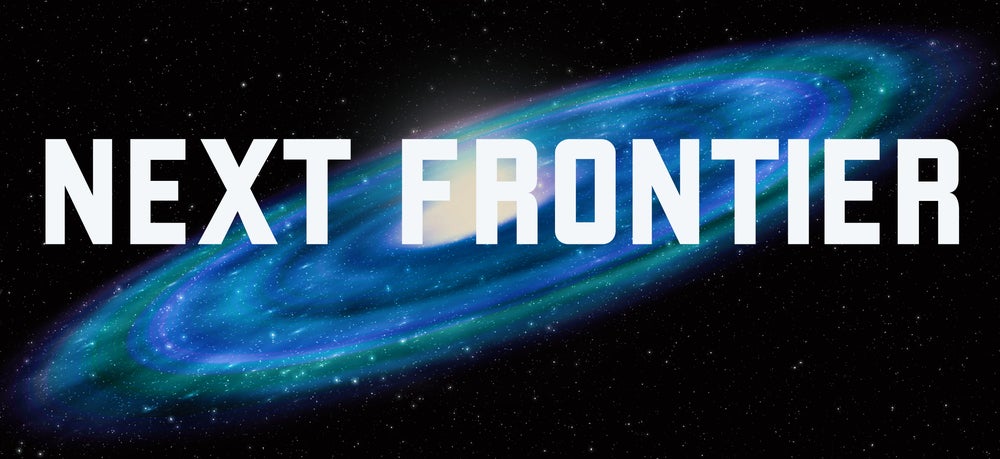With the financial ecosystem rapidly changing and becoming more connected, Monese is all about breaking down banking barriers. CEO Norris Koppel speaks to Briony Richter about how the challenger does things differently
Monese launched in the UK in 2015 – around the time of the crisis that saw over a million migrants seek asylum across Europe.

Access deeper industry intelligence
Experience unmatched clarity with a single platform that combines unique data, AI, and human expertise.
The vast majority of those migrants were struggling to open bank accounts and have their credit histories recognised. Koppel knows all too well the struggles of starting again in a new country.
When the entrepreneur moved to the UK, he was refused a bank account because he did not have a credit history or utility bills in the UK. Inspired by his own experience, Koppel decided he wanted to make banking accessible and stress-free for the approximately 247 million migrants across the world.
The digital-only bank and current account space was filling up, and instead of racing to win over tech-savvy millennials, Monese looked at how it could actually make a difference to those who needed it most.
Speaking to EPI, Koppel explains how Monese works differently from others in the market.

US Tariffs are shifting - will you react or anticipate?
Don’t let policy changes catch you off guard. Stay proactive with real-time data and expert analysis.
By GlobalData“There aren’t any established competitors who are openly looking towards modern, global and mobile workers in the UK and Europe,” he notes.
“We have our sights firmly set on those whose talent and ambition allows them to work all over the world. Traditional banking models tend to focus on ‘resident’ customers that they can immediately identify as being creditworthy.
“The majority of our customers use their Monese bank account as their main and only account, rather than as a tool for discretionary spending.”

Seamless onboarding
By getting rid of the restrictive rules that Koppel experienced when trying to open an account, he has made banking more inclusive.
To open a Monese account, a customer needs a photo of their ID and a selfie. No UK credit history is needed; users only need a valid email address and a mobile phone number to receive texts. Monese will authenticate the persons’ identity from their country of origin.
If the address no longer matches the account, Monese will ask for one more type of ID in the app. Even if that does not check out, there are two manual verification options, either by video-calling or submitting proof of address.
“Using modern technology, we are able to acquire all the necessary information for providing an account according to the regulation,” Koppel explains.
“We don’t need a credit history to be able to do this. The key bit is to make this an easy process that anybody can do in about two minutes from any smartphone.”
He continues: “What we hear again and again is the simplicity and ease with which they are able to not only open their account, but then use it on an on-going basis for all their core banking needs.”
Making banking accessible has given Monese the flexibility to meet the needs of all its customers. As a result, Koppel has earned an ever-growing and loyal customer base, the majority of which use Monese as their primary bank account.
In July 2018, Monese announced that it had passed half a million customers, about which a proud Koppel says:
“We were very pleased to reach that landmark.
“There are a number of factors that have contributed to our success to date. We have a great team here that I’m really proud of – hard-working and committed to what we want to achieve with Monese. But we also have to look towards our customers: it is their unstoppable, forward-thinking spirit that leads them to using our service, so we are grateful for that and look forward to providing them with lots of helpful new features.”
What next?
Monese conducts banking with a global mind-set. It aims to support anyone banking anywhere in the world to do so without worry and free of bureaucracy.
Koppel acknowledges that there are challenges ahead, but insists that there are ways for financial institutions to bank with an open and connected way of thinking.
“Technology and harmonisation of regulation will undoubtedly help, but these changes always need pioneers to show the way and to progress the debate about how to make this possible,” he says.
“We believe we can help play a role in this regard.”
Although the challenger has had some big successes, Koppel highlights that it is the daily messages from customers, or positive reviews, that reinforce the fact that Monese is making people’s banking lives easier. Looking to the future, Koppel adds:
“We have a large number of exciting features that will launch in the coming months, as well as progression into new markets. Really, we want to just keep growing our impact by ensuring that we are making banking as easy and accessible as possible for as many people as we can.”
Monese will continue to expand its services across borders, breaking down barriers so customers can bank freely anywhere and at any time that suits them.







